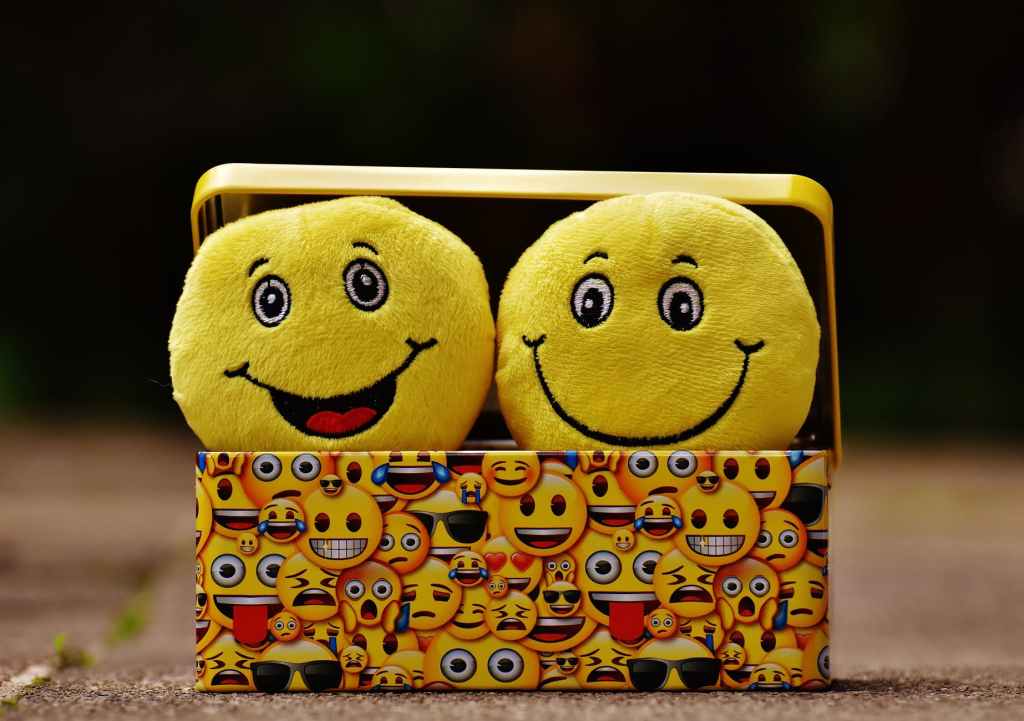Emotions are complex things.
I’ve always though of emotions as “feelings”. I associate emotion with the heart, and not really the brain. I believe emotion is what sets us apart from animals; what makes us human.

Merriam Webster defines emotion as
“a conscious mental reaction (such as anger or fear) subjectively experienced as strong feeling usually directed toward a specific object and typically accompanied by physiological and behavioural changes in the body”
The root of emotion is the word motere which means to move, and the prefix e suggests move away, thus implying that emotions and actions are always together. This in turn suggests that, not only is emotion a source of knowledge, but it is motivation and reason to act- even that, without emotion, we would have no knowledge at all! (if we have no motivation to act, why would we seek knowledge in the first place?)
This can be described in the following: bad decision making is linked to low emotional intelligence. This is why a patient called Elliot found making decisions so hard. Due to a brain tumour, Elliot had an operation which damaged his right and left frontal lobe in the brain. The left and right frontal lobes are the centre of emotional processing. As he lost the ability to have emotion, he lost all ability to make decisions- a skill previously thought to be purely rational. But it makes sense: a lack of emotion means there is no preference; no lifetime’s store of likes and dislikes. Thus with no preference, it is so much harder to make any decisions. In contrast, with emotion we can automatically get rid of some option and emphasise others, so decision making is much easier.

On the other hand, there are plenty of examples where emotions cloud our judgement: like when you get so frustrated at someone, you say something insulting that you would never actually mean; and it can cost the relationship. Why? There is a neural back pathway that leads to the amygdala instead of the usual route via the neo-cortex. The amygdala is associated with emotion and motivation, especially those related to survival. So, when there is a stimulus that provokes emotion, it can take a shortcut and trigger an overly emotional response before being processed in the rational neo-cortex.
But then, how do we know when emotions are reliable, when without them we are powerless, but with them, our judgement and actions are irrational?
Like most things, there is a balance; in this case, between relying on emotion and never trusting it.
The interesting thing is, emotion is purely produced by your brain. Lisa Feldman Barrett, who has written a book called “How Emotions are Made”, advocates the idea; backed up by all the new research in the last 20 years: Emotions are not things done to you, but rather what your brain does to yourself- and you have some control over that. For every circumstance, your brain sifts through a lifetime of your experience to find a situation that is similar to the current one. Then it makes predictions based on that. Those predictions or “guesses” will change based on what new information is processed by the brain.
What this means in practice is: the decisions you make today, form the emotions you may experience tomorrow; because today’s decisions become your experience (which is the basis of your emotional responses).
So when we talk about relying on your emotion, you are not relying on your heart, as you may think. You’re relying on your brain and your past experience. Or, on the flip side, when you believe you’re ignoring your emotions, you’re ignoring your brain and your past experience.
Of course, there are flaws to all our emotion being based on experience. You will remember your past in a biased way. Your brain and confirmation bias will undoubtedly combine to mean they are less reliable . But then, what else can we rely on?
Life without true emotion is conveyed in the controversial book, the Giver, by Lois Lowry. Set in a utopian world, the Giver, who is the only person in the society who has memories (and thus, past experience) says:
” The [society] don’t want change. Life here is so orderly, so predictable — so painless. It’s what they’ve chosen.”
Emotion has two sides to it. As aforementioned, emotion is what gives us a “heart” and thus ethics and morals. And I daren’t think of the world we would live now, without that “heart”.
At the same time, as the quote suggests, emotion means there is pain. Emotion means we have all the mess that our world encompasses; all the things we wish to get rid of: pain, conflict… People- and that’s just it. The world of the Giver was described as the Sameness; where everything and every action was predictable and safe. In that world of Sameness, we would have no real people. While life in this world is chaotic, there is beauty in the madness. This suggests that emotions are what gives us individuality, and therefore our humanity; so without emotion, there would no longer be real people!
So yes, in a roundabout way, I think I’ve expressed that emotion is not only a source of knowledge, but it is a key to knowledge. Without it, we would have nothing recognisable today.
Yet, in terms of trusting emotion; when we trust emotion, we are trusting ourselves- we trust our past experience, because we have nowhere else to gain that from. Yet as daunting as that sounds, we have some control- we can choose the way we act, which will in turn change how your emotions are tomorrow.
